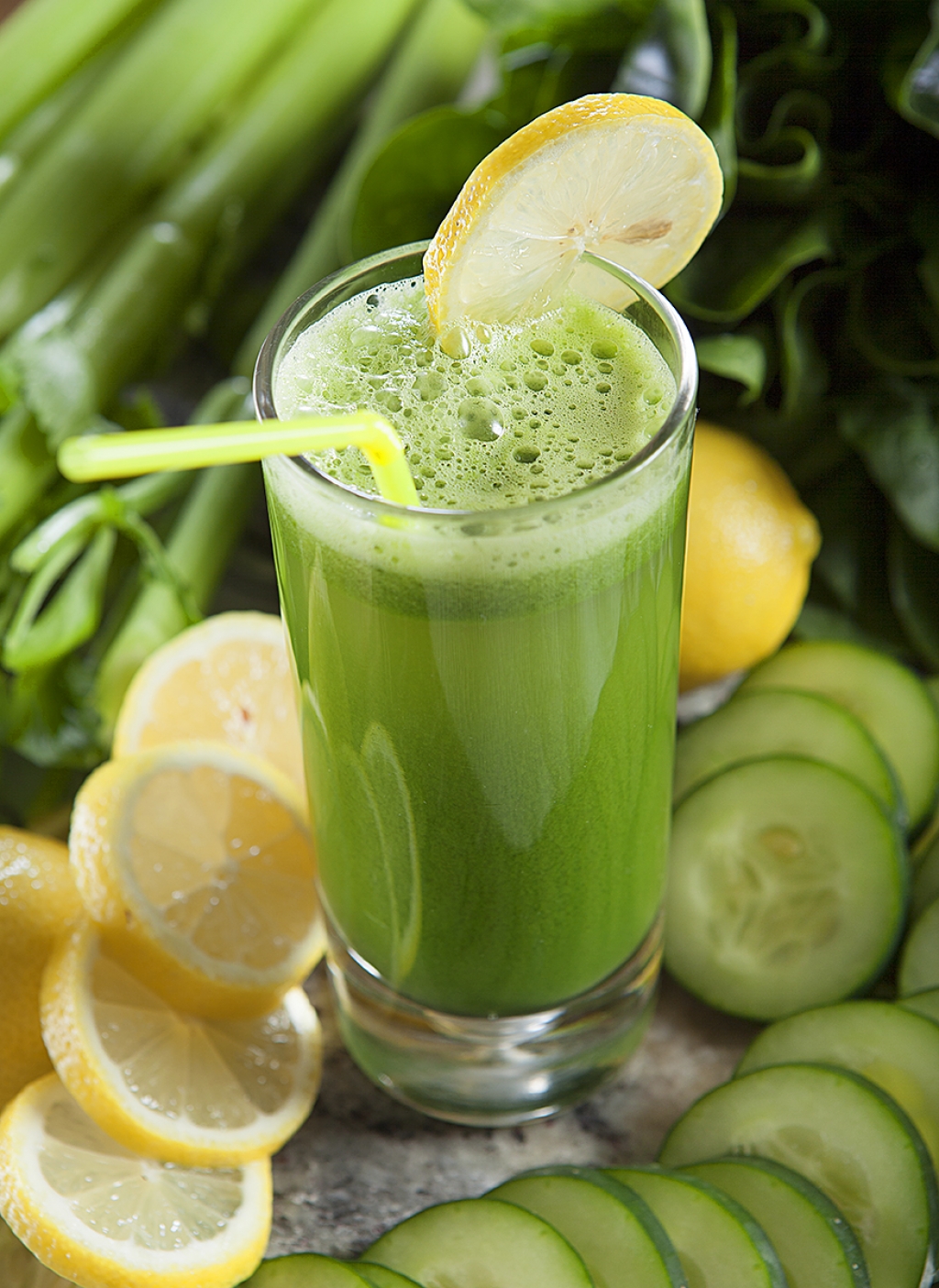Daily Dish the Nugget Markets blog

Juicing May Be Your Ticket to Good Health
Health Notes from Dr. Liz
Please note that this is an older article. Any products or services pictured or described may have changed or may no longer be available. Thank you for visiting!
Do you love the taste of freshly juiced fruits and vegetables? While many tales are often told about the benefits of juicing, it is fact that certain juices may boost your health and performance, keep muscle soreness at bay and be a tasty way to get some of those needed fruit and veggie servings. Here are some juicing basics along with what juicing can do for you...
Do you love the taste of freshly juiced fruits and vegetables? While many tales are often told about the benefits of juicing, it is fact that certain juices may boost your health and performance, keep muscle soreness at bay and be a tasty way to get some of those needed fruit and veggie servings. Here are some juicing basics along with what juicing can do for you.
Juicing basics: Squeeze fruits or veggies with a juicing machine (or an old-fashion by-hand juicer) and strain back the pulp (skins, seeds and fibrous insides) and you get colorful juices – bright red from beets, purple from blueberries, orange from carrots and rich greens from kale, cucumber and celery. Since fruit and vegetables are typically 90% or more water, it makes sense these fluids flow.
Depending upon the type of produce you choose to use, you get about 8 to 10 ounces of pure juice (no pulp) per pound of veggies or fruit. Drink soon after juice is made to avoid any possible bacterial growth. If you buy ready-to-drink fruit or veggie juice, make sure it’s pasteurized.
Powerhouse of nutrients: Fresh juice does supply you with a wealth of super nutrition. Most juices supply about 15% (or more) of the DV per cup of potassium, a mineral key for healthy blood pressure. Green juices from spinach, kale and chard are rich in magnesium, a mineral crucial for muscle energy metabolism, and supply 15% (or more) of DV per cup. Berries, citrus and kiwi juices are loaded with vitamin C, supplying 200% (or more) of DV per cup, and are known to provide the body protection from everyday wear and tear. Lastly, a cup of carrot juice supplies a staggering 700% of the DV for vitamin A in the form of carotenes, bright orange-yellow pigments that infuse your body with protection against oxidative damage.
Hydrating nourishment: Drinking fresh juice after exercising hydrates your tissues and supplies a chunk of carbohydrates to rebuild glycogen stores. If you are managing your weight, be aware of calorie consumption when drinking fruit juice. Fruit juice averages 115 to 160 calories per cup, while veggie juice supplies less than 70 to 90 calories per cup.
Boost your running performance: New research suggests that drinking about two cups of beet juice a day may improve your running speed. In one study, cyclists drank beet juice for six days, then underwent an hour ride and a 10-K time trail. Beet juice drinkers rode faster, put out higher work effort and used less oxygen during the trial. Their enhanced performance has been linked to the nitrate in beet juice, a compound that indirectly boosts blood flow and improves performance.
Eases muscle soreness and speeds recovery: Juices such as pomegranate and tart cherry contain anthocyanidins, rich purple-red colored phytonutrients. Studies show that these anthocyanidins are potent antioxidants that protect muscles from killer workouts. In a recent study, runners drank two cups of tart cherry juice daily for five days before running a marathon, the day of the marathon and for two days after the marathon. When results of runners who’d drank tart cherry juice were compared to the runners who drank a placebo, studies proved that drinking the juice significantly boosted levels of circulating antioxidants, lowered markers of inflammation and improved recovery time following the marathon.